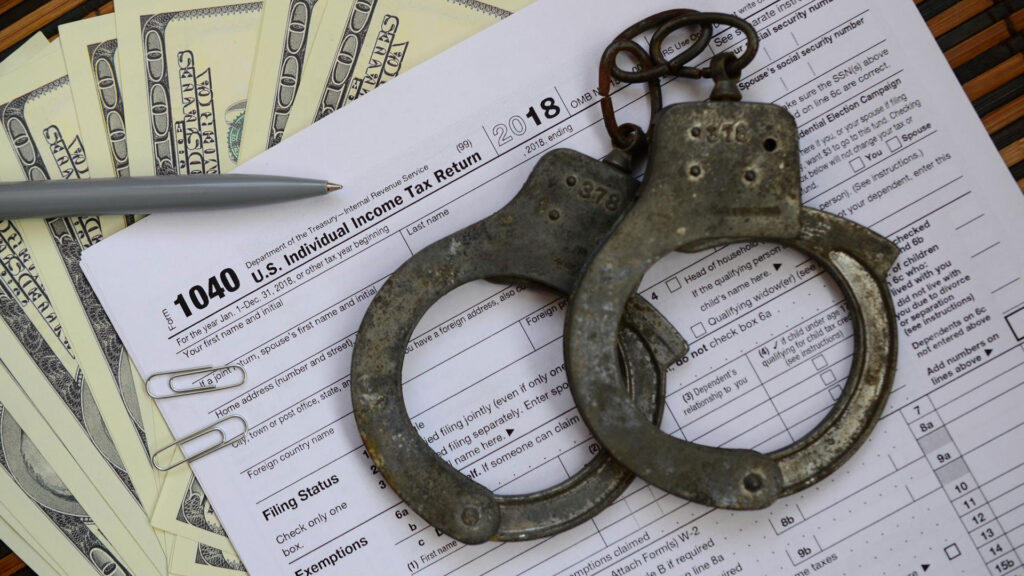What is a Bench Warrant? Is It Different From an Arrest Warrant?

Are you thinking about skipping your court appearance? Don’t even try because the judge can issue a bench warrant for your arrest.
Now, you might be wondering, what is a bench warrant? Right? Let’s find out and understand why you should avoid getting one.
What Does a Bench Warrant Mean?
A bench warrant is a court order that tells the police to bring someone to court when they fail to appear on a scheduled court date. This can occur for various reasons, including an emergency, forgetting the date, or intentionally choosing not to attend. No matter the cause, not appearing in court can lead to serious consequences.
Having a bench warrant is not good; it means the police can pick you up at any time and take you to court.
So, if a judge ever asks you to appear in court, it’s really important to do so, or you might end up with one of these warrants.
Is a Bench Warrant Different From an Arrest Warrant?

Arrest warrants are more serious than bench warrants. A judge issues an arrest warrant when they have probable cause to believe someone has committed a crime.
An arrest warrant is issued to authorize law enforcement officer to arrest someone named in the warrant for a specific criminal charge.
A bench warrant is typically issued when a defendant fails to appear in court for a hearing. A judge may issue this to bring the defendant back to court.
Understanding the difference between a bench warrant and an arrest warrant is crucial for defendants facing legal issues. A criminal defense lawyer can advise you on how to address the warrant effectively.
How To Resolve A Bench Warrant?
When faced with a bench warrant issued due to a failure to appear in court, it’s crucial to address the situation promptly. Ignoring a bench warrant can lead to serious consequences, including potential jail time.
A bench warrant gives law enforcement the authority to arrest you at any time, including at work, the grocery store, or even during a routine traffic stop.
To resolve this issue, consider seeking a free consultation with an experienced criminal defense attorney at a reputable law firm. They may be able to reduce your penalty or negotiate terms with the judge and can guide you through the process of having the bench warrant quashed.
It’s important to schedule a court hearing to address the order issued by a judge. It is crucial to resolve this matter sooner rather than later.
Frequently Asked Questions
Here are frequently asked questions about bench warrants:
Q: What happens if I ignore a bench warrant?
A: This can lead to immediate arrest. Law enforcement can take you into custody anytime, and you may face additional penalties, such as fines or other legal consequences.
Q: How do I know if a bench warrant has been issued against me?
A: You can check with local law enforcement or court records to find out if a bench warrant is issued against you. Some law firms also offer services to help you uncover this information.
Q: What should I do if I believe that I have committed a violation that could result in a bench warrant?
A: If you believe that you have committed an offense that may lead to a bench warrant, it is advisable to schedule a free consultation with a criminal defense lawyer. They can guide you on the best course of action.
Q: What are the potential penalties for having a bench warrant issued against me?
A: These include fines, additional court appearances, and potentially jail time, depending on the nature of the underlying issue, such as failure to pay child support or traffic ticket.
Q: Can a bench warrant be resolved without going to court?
A: In some cases, a bench warrant can be resolved without going to court by following the proper legal procedures.
Q: What is the process for a judge to issue a bench warrant?
A: A judge issues a bench warrant when an individual fails to comply with a court order or fails to appear for a scheduled court appearance. The judge’s bench is where these decisions are made based on the circumstances presented.
Now You Know What a Bench Warrant Is?
So, to wrap things up, a bench warrant is for when you don’t show up to court, and an arrest warrant is for when you’re suspected of a crime. Both are ways to make sure people follow the rules and face the consequences if they don’t.
So, now that you know what a bench warrant is, don’t try to skip your court hearing. It’s really important to take these warrants seriously and deal with them the right way.



